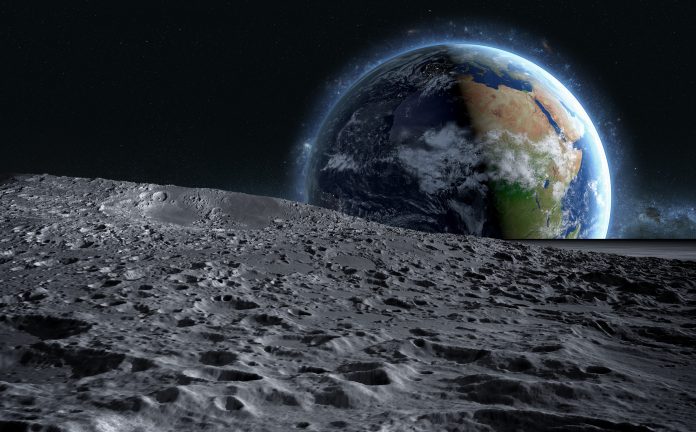Here, Open Access Government charts the priorities of Japan’s Aerospace Exploration Agency (JAXA), and its work in scientific understanding and technological development towards sustainable human space exploration
National Research and Development Agency JAXA (the Japan Aerospace Exploration Agency), was born through the merger of three separate institutions; the Institute of Space and Astronautical Science (ISAS), the National Aerospace Laboratory of Japan (NAL) and the National Space Development Agency of Japan (NASDA). It was designated as a core agency to successfully support the Japanese government’s overall aerospace development and future utilisation, be it anything from conducting basic research and development to the implementation of programmes.
The JAXA corporate slogan is “Explore to Realise,” which reflects its management philosophy of utilising space and the sky to work towards a safe and affluent society. JAXA states that “Explore” indicates the original point of our activities and is also part of our agency’s name, while “Realise” expresses our philosophy of becoming an agency of realising a safe and affluent society.”
YAMAKAWA Hiroshi, the President of JAXA, believes that everyone within the organisation should share the following five key principles to continue challenging the frontiers of human knowledge, both in Japan and worldwide:
- A strong sense of contribution to Japan through space and aeronautics field.
- Enhance capabilities in elements such as planning, R&D, project implementation, and organisation management.
- Take pride in space exploration endeavours in the exploration, thus showing JAXA’s international presence in this field.
- Promote space and aeronautics as an integral part of society by making it more valuable and poignant within everyday life.
- Prioritise diversity and maximise the potential of every individual.
It is these five principals that enable the agency to remain at the forefront of space exploration. The biggest challenges of space science are to unravel the many mysteries of the structure and evolution of the universe, the processes of planet formation, and the origin of life. JAXA is currently implementing a number of major Research and Development Projects working towards this, such as GREAT: GRound station for deep space Exploration And Telecommunication, and the Martian Moons eXploration (MMX), just to name a few.
Utilising space through satellites
It is important to promote space and aeronautics as an integral part of society by making them more valuable and connected with daily life. Satellites are one way in which space research and technology can benefit our day to day. Japanese satellites now in orbit are performing missions in a wide range of areas, such as playing an important role in assessing and analysing abnormal weather patterns.
Moreover, JAXA project “Global Change Observation Mission” (GCOM) uses satellites to observe all the Earth’s environmental changes for present and future generations. GCOM aims to construct, use, and verify systems that enable continuous global-scale observations (for 10 to 15 years) of effective geophysical parameters for elucidating global climate change and water circulation mechanisms. The GCOM mission consists of two satellites:
- GCOM-W for observing water circulation changes.
- GCOM-C for climate changes.
International Cooperation
JAXA truly values international cooperation, and currently, most of their projects have been conducted through international cooperation. A recent example of this is the KiboCUBE Programme, a collaboration between JAXA and the United Nations Office for Outer Space Affairs (UNOOSA). Launched in 2015 and recently extended until the end of December 2024, it provides developing countries with opportunities to deploy CubeSats from the Japanese Experiment Module “Kibo” of the International Space Station (ISS). Through KiboCUBE cooperation programme, JAXA and UNOOSA together aim to contribute to the capacity building of space-related technology in developing countries.
Furthermore, international cooperation between the United States and Japan began in 1969, when “The Japan-U.S. Joint Communique” on cooperation in space development was exchanged. Since then, JAXA has been participating in international projects, which have been mainly led by the National Aeronautics and Space Administration (NASA) such as the International Space Station, by dispatching Japanese astronauts on Space Shuttle missions, earth observations and scientific satellite missions.
JAXA aims to continue exploring the future for economic development, improvement of the quality of life, and safety and security for Japan, and furthermore, for sustainable development of mankind, expanding knowledge, as well as to exploring new fields.











